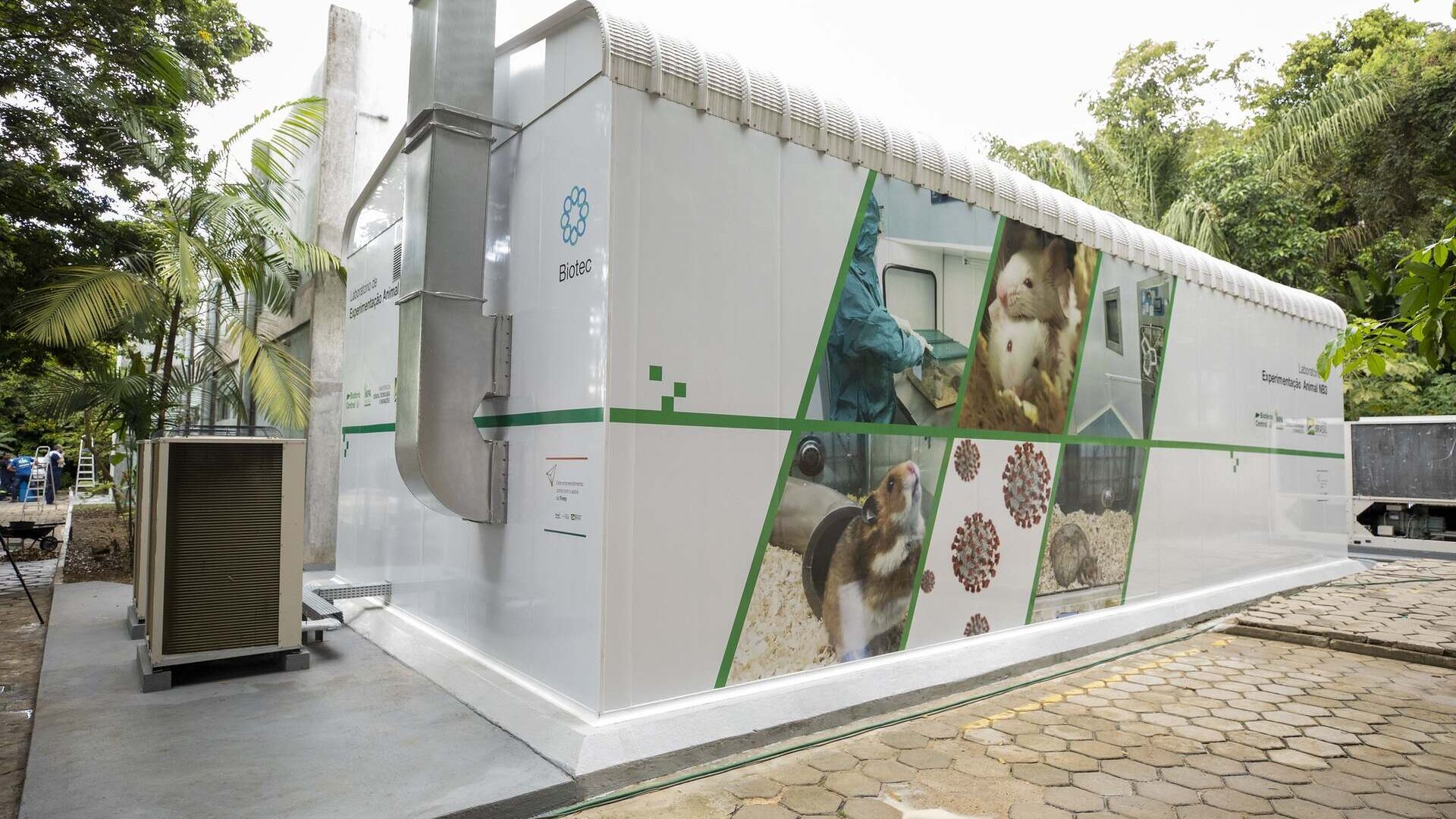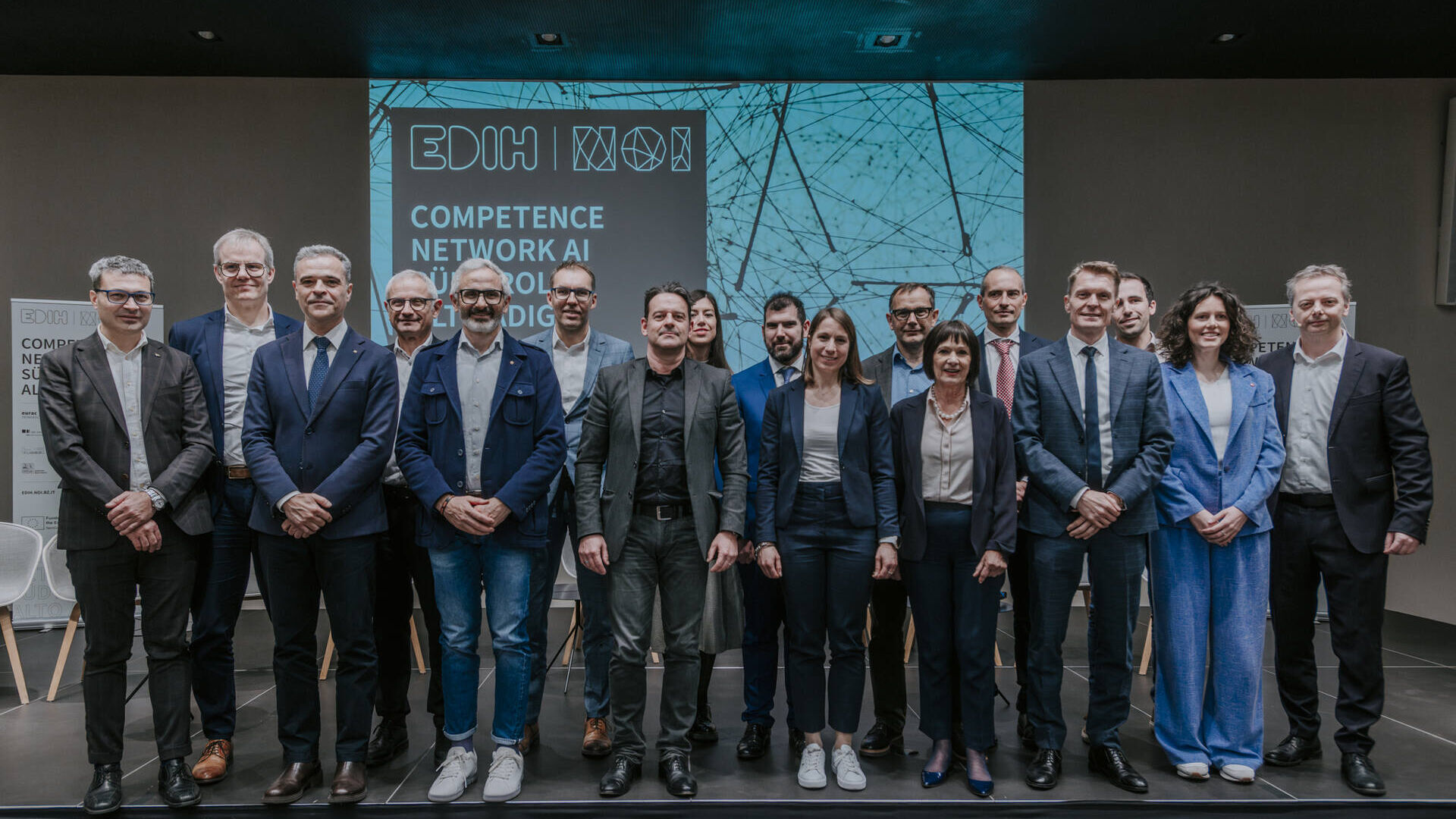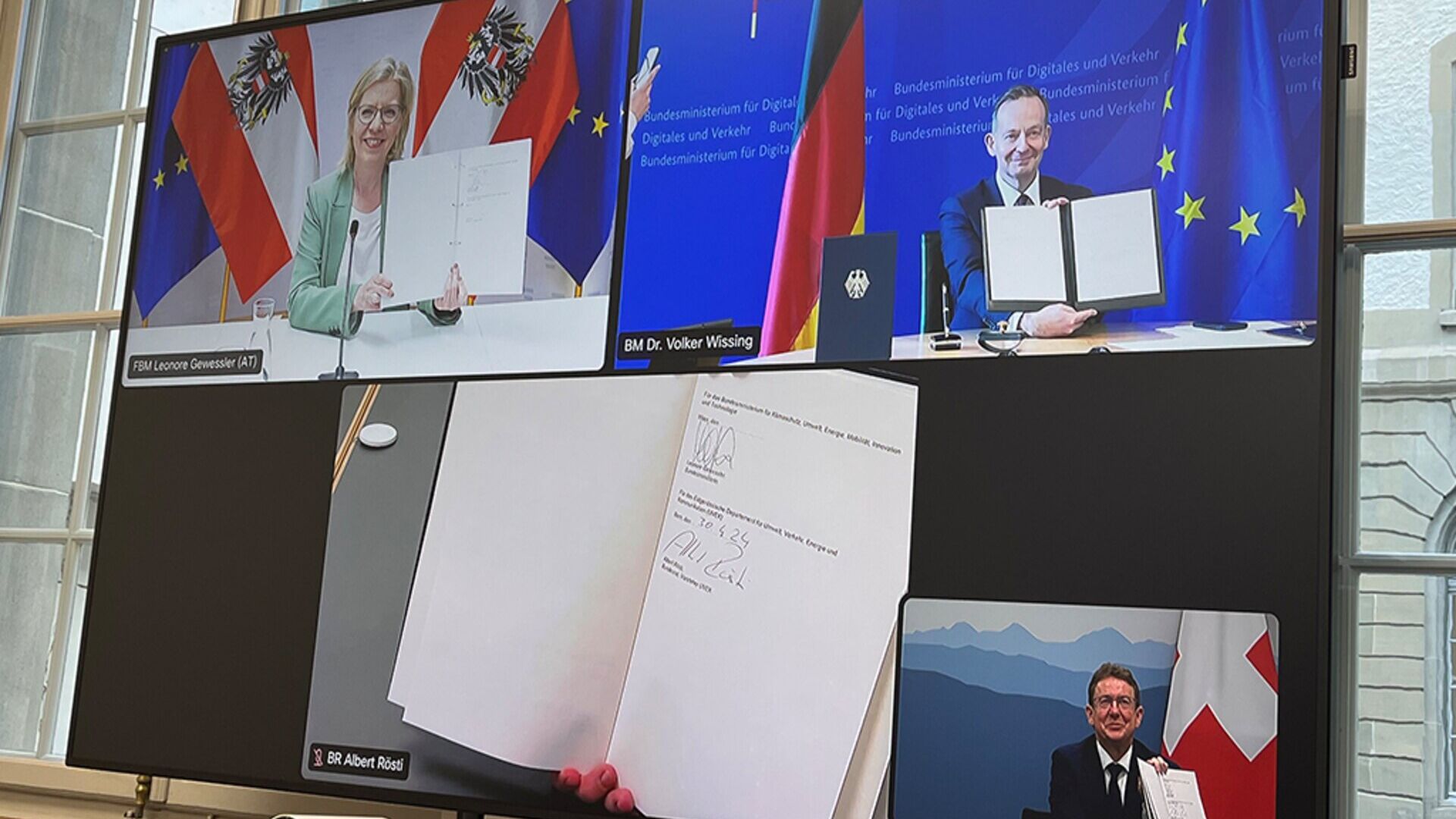Lino Polese: "Everyone's collaboration is now needed in healthcare..."
Journey with the brilliant surgeon of the University of Padua in the mountain of bureaucracy to climb to make more innovation in Italy ...
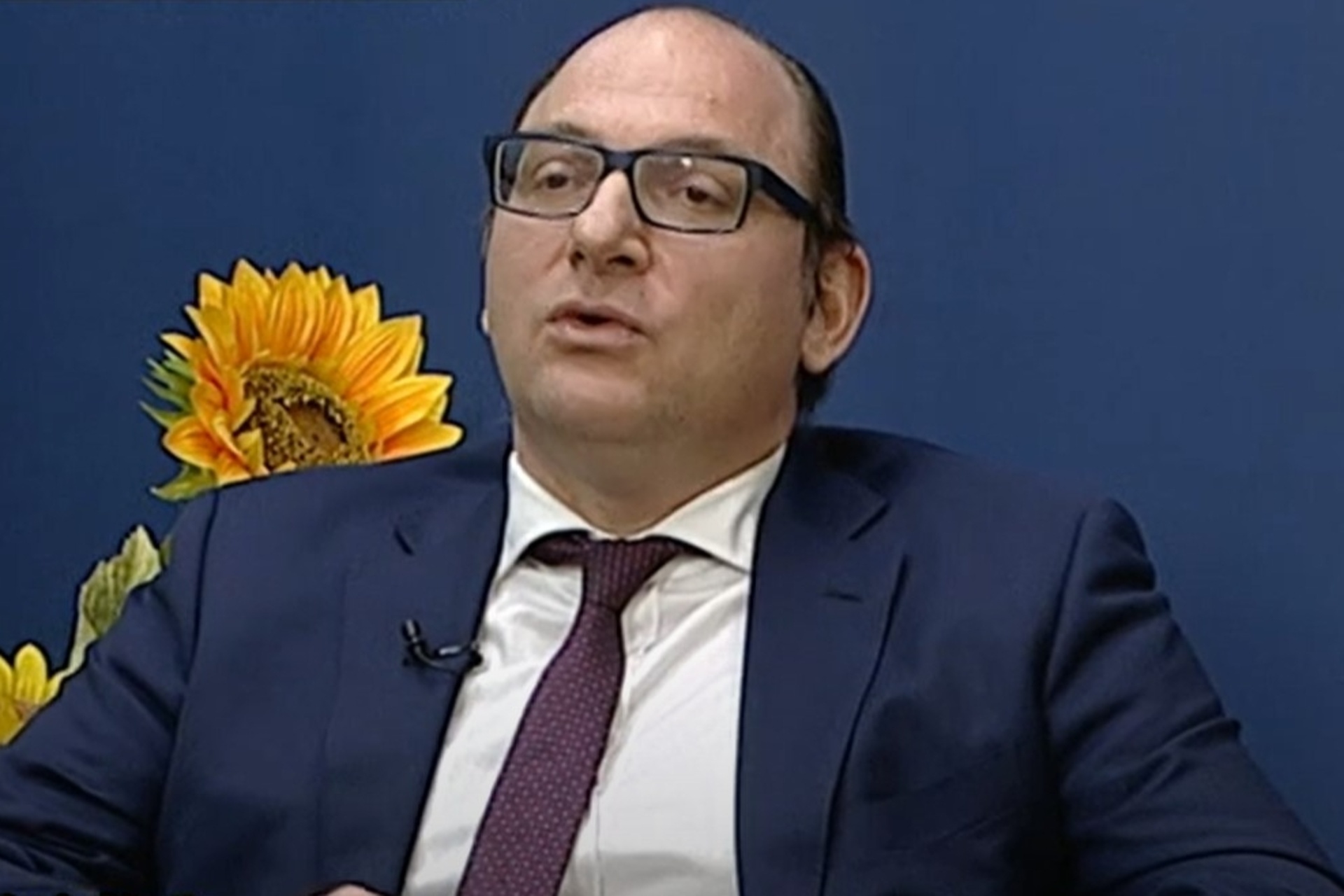
To explain the daily difficulties of researchers and companies, we interviewed a professor from theUniversity of Padua who, despite his young age, has developed and patented innovative medical devices and who would like to continue doing so.
Professor Linen Polese he has been a professor at the University of Padua since 2010 and works at the Department of Oncological and Gastroenterological Surgical Sciences of the local hospital.
He performed over 5.000 surgeries with endoscopic, laparoscopic and traditional approaches.
A lover of minimally invasive surgery, he was the first or among the first in Italy to have applied the STER procedure, a technique for the endoscopic removal of certain tumors of the esophagus.
Author of numerous publications di worldwide breath, Lino Polese was a speaker in numerous conferences and congresses national and international, and of some of these he was also President.
Author of several patents for surgical devices, he is also the inventor of the ARAMIS instrument for the minimally invasive removal of rectal tumors.
From Payback a stab in the back of biomedical innovation
This is why the human placenta is a… target of COVID-19
At Medical Treviso, rehabilitation is done in virtual reality
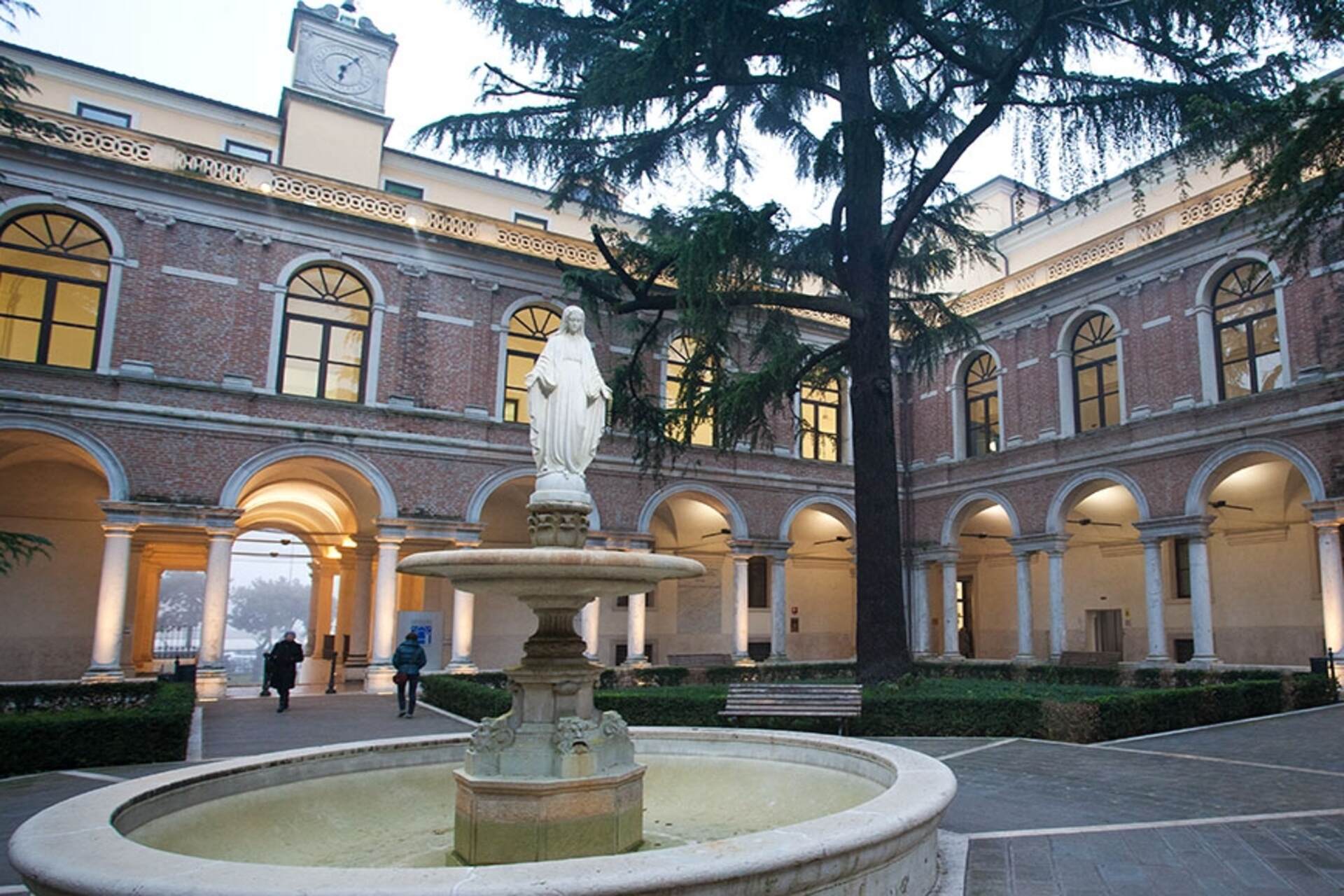
The desire to also engage in the development of new medical devices, as well as inclinical activityIs it recent or has it always been there?
“It has always been closely linked to my profession. After graduation, during the training period, I did a lot of experimental surgery. This allowed me to try out various surgical instruments and also to create new ones, in collaboration with researchers from the Faculty of Engineering of the University of Padua. Once I wanted to try a new minimally invasive surgery, without cuts on my belly, but to do that I would have had to buy a very expensive instrument. Since research funds weren't enough, I thought I'd create a disposable device that worked just as well. Back then it was an innovative idea, today this tool is a commercial reality. Subsequently, finding a practical solution to everyday clinical needs has become a habit. And this led me to file various patents with the University of Padua itself”.
Giovanni Zappatore: "It is MedTech that gives concrete help"
There is a "spy" in the belly, and it is a patch with sensor functions
In Bellinzona super pole of excellence in life sciences
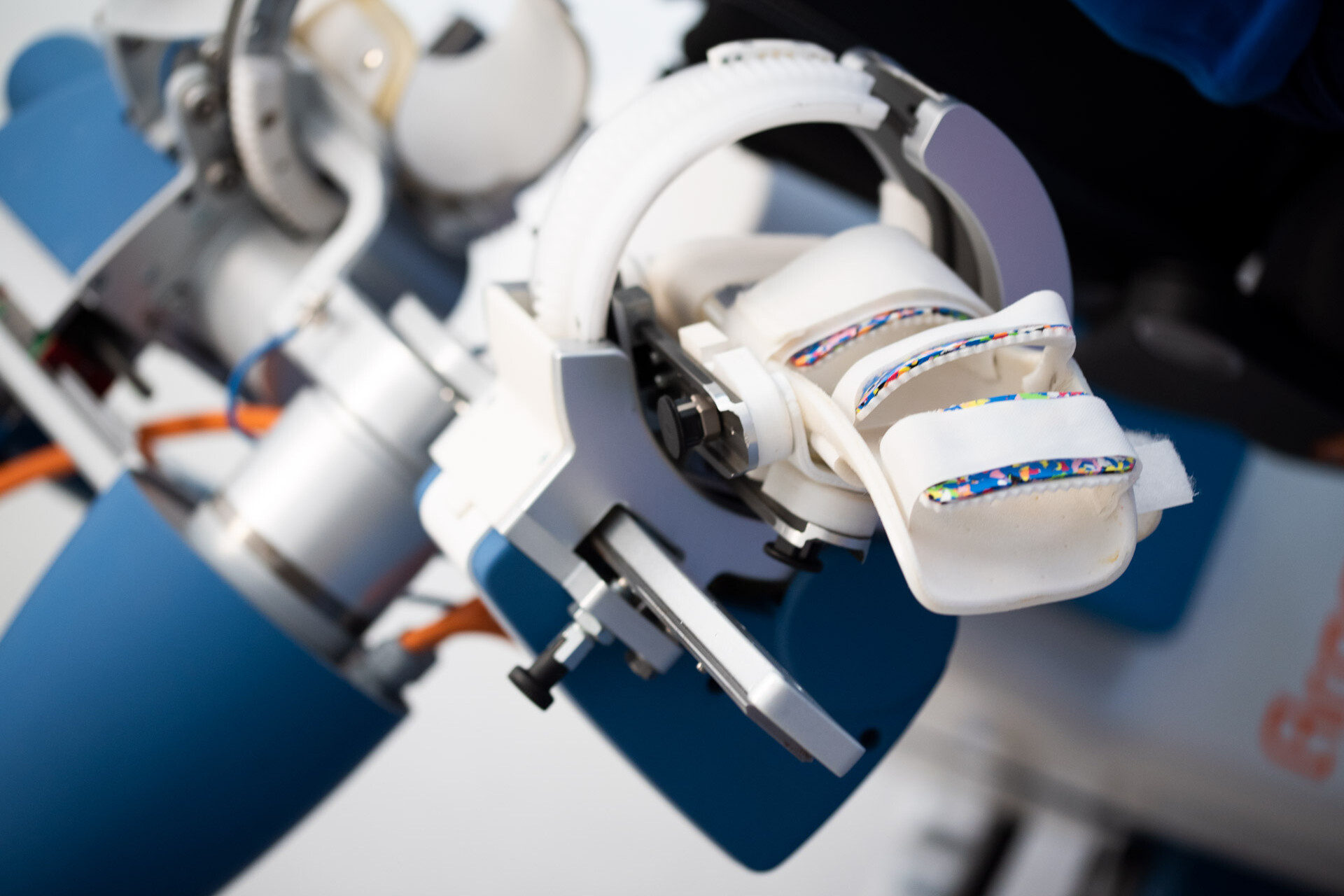
Does the collaboration between universities and companies work?
“I have also had the opportunity to collaborate with large companies, and this has happened with positive results despite the difficulties. The collaborative work involves various steps: from the conception, to the improvement of the tool, up to the clinical trial. The methods of collaboration are different and it is necessary to understand that the clinical and industrial fields have different needs, but that they must come to converge".
Are these collaborations frequent in everyday reality?
“In the medical field, the validity and safety of a product, whether it is a drug or a device, is confirmed and verified through experimental and clinical studies, which follow a rigorous methodology. This falls within the competence and duties of the university doctor. This is why collaborations between companies and university clinics are frequent. Obviously, more could be done, but it is essential to have an organizational network that supports those who do research during all phases of product development. All of this requires the participation and structured and continuous collaboration of all the many players involved”.
Innovative approaches to rejuvenate Swiss healthcare
The key innovation of the biomedical district of Mirandola
Switzerland is ready for the digitization of the healthcare system
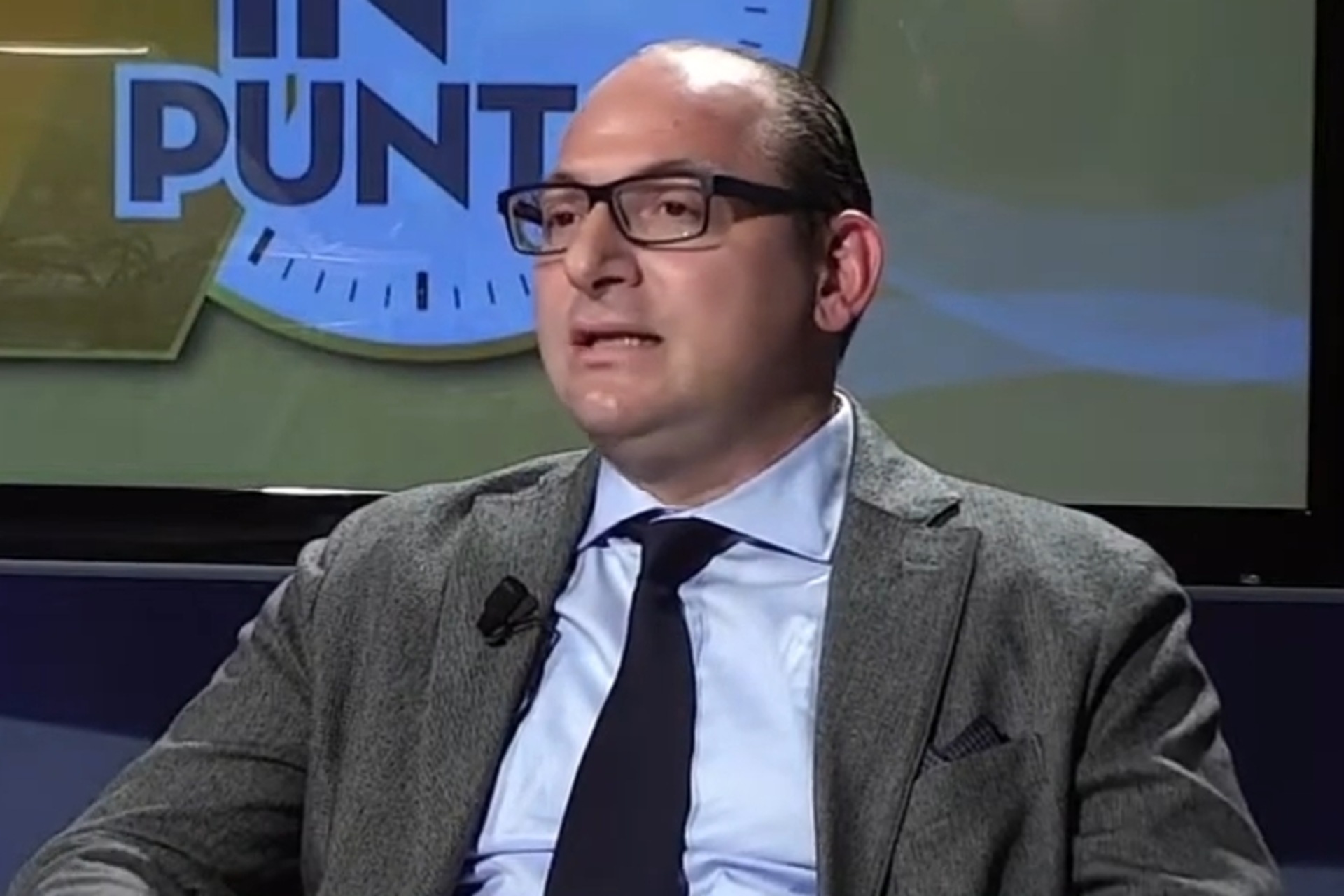
(Photo: 7 Gold)
What will the future of the biomedical world be like in the age of Payback?
“I believe that hitting companies with Payback is a wrong and short-sighted choice, which will push many of them away from public health. In the long run, it also risks compromising the level of health services".
What perspective do you see for Italian innovation in the health sector, compared to the Chinese competition and the Far East in general?
“The current problem is the bureaucratic mountain that anyone who wants to produce something new must climb. In recent years there has been a further burdening of this process, so much so that some are led to transfer their research to Asia to achieve their objectives more easily".
Wuhan beyond COVID-19: an ecological city to be reborn
Francesca Veronesi: "A Foundation 'with a father's heart'"
Thus a human brain affected by tumor was reproduced in 3D
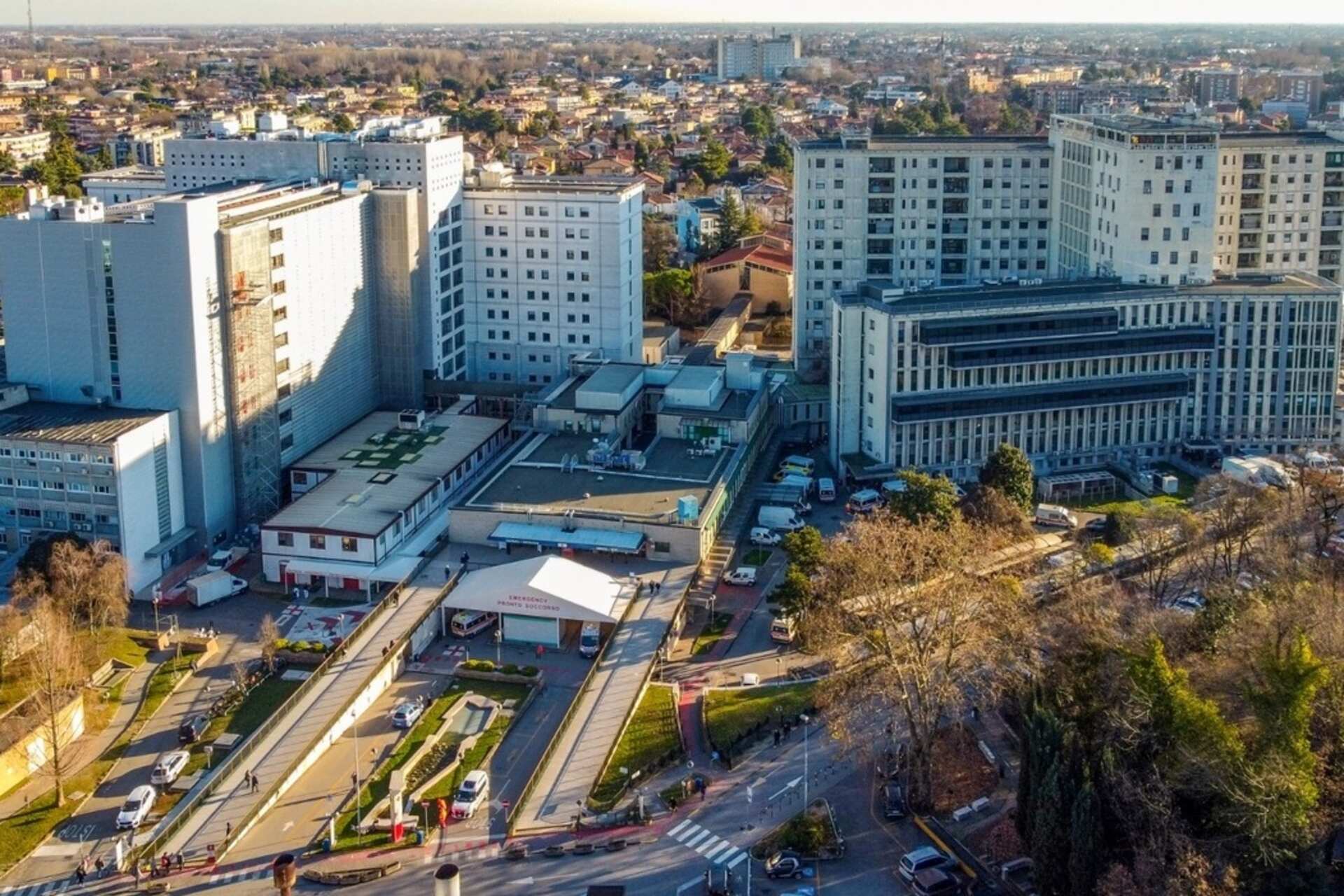
What was the effect of the Coronavirus on this scenario?
“COVID-19 has actually underscored the importance of research and innovation in healthcare. Investing in this sector is truly in everyone's interest…”.
Endoscopic and laparoscopic surgery illustrated by Professor Lino Polese
Precision and minimally invasive surgery illustrated by Professor Lino Polese
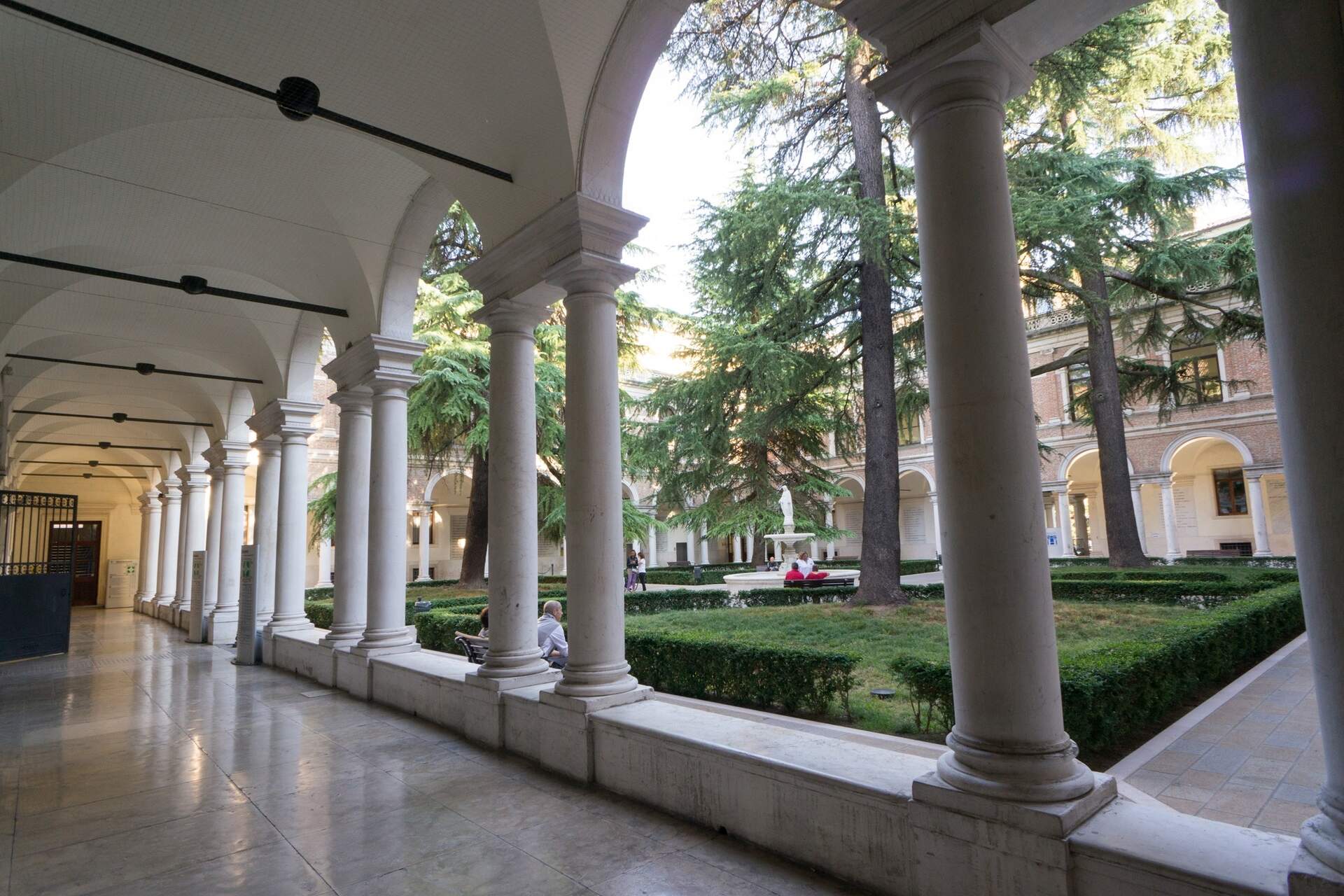
You may also be interested in:
Taam Ja' is the deepest “blue hole” in the world: the discovery
Marine cavity probed off Yucatan Peninsula, found four times deeper than previous record-breaking sinkhole in Belize
In Brazil the first meeting in the world between biosafety and synchrotrons
In Campinas, a NB4 level maximum biological containment laboratory will be connected to the light sources of a particle accelerator
In Alto Adige today EDIH NOI is the new point of reference for AI
4,6 million euros from the PNRR fund will be allocated to Bolzano for services to local companies in the digitalisation of intelligence…
by Editorial staff Innovando.NewsEditorial staff of Innovando.News
Austria, Germany and Switzerland for "more innovative" cargo railways
DACH Ministers Leonore Gewessler, Volker Wissing and Albert Rösti: the introduction of Digital Automatic Pairing is a key element
by Editorial staff Innovando.NewsEditorial staff of Innovando.News


